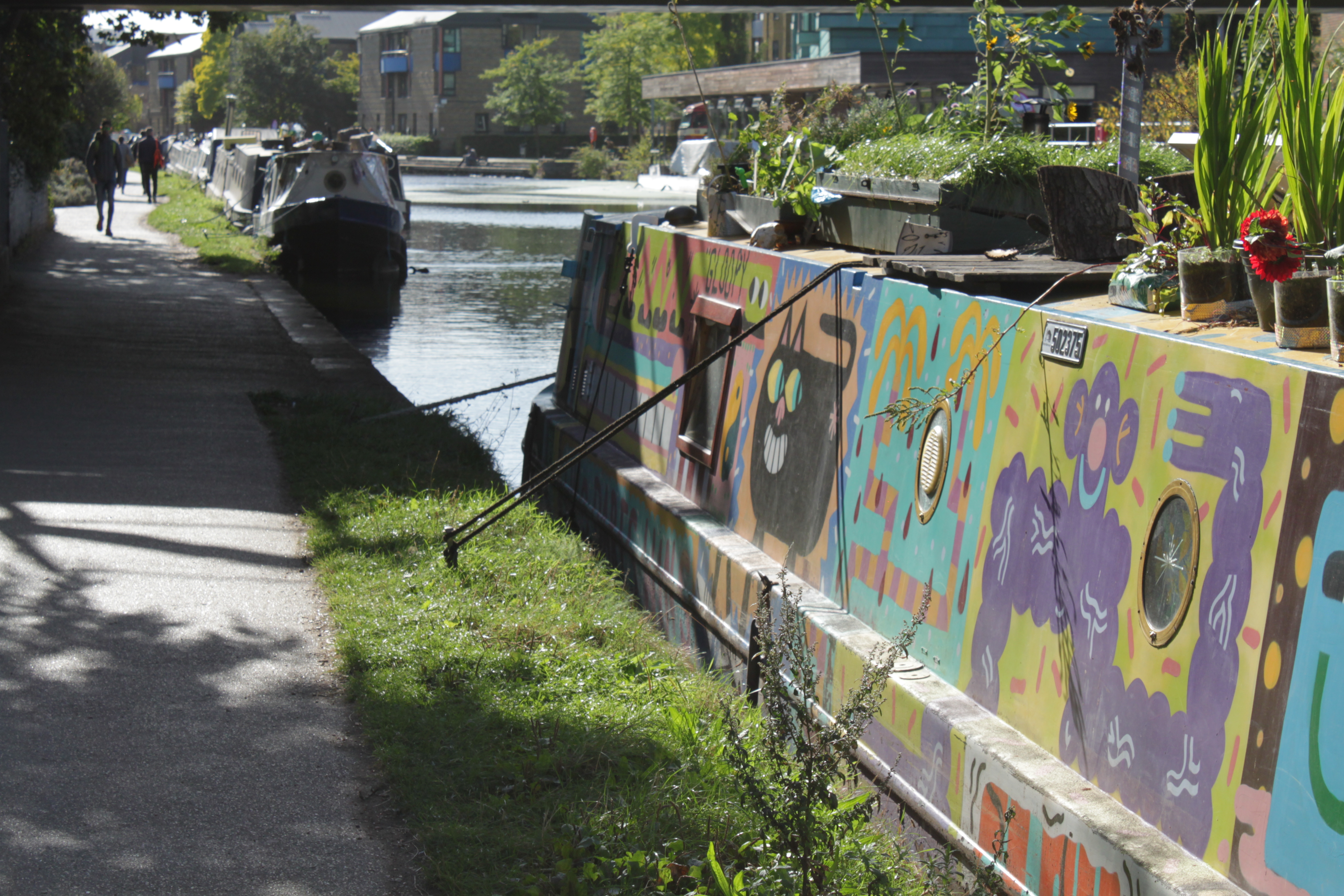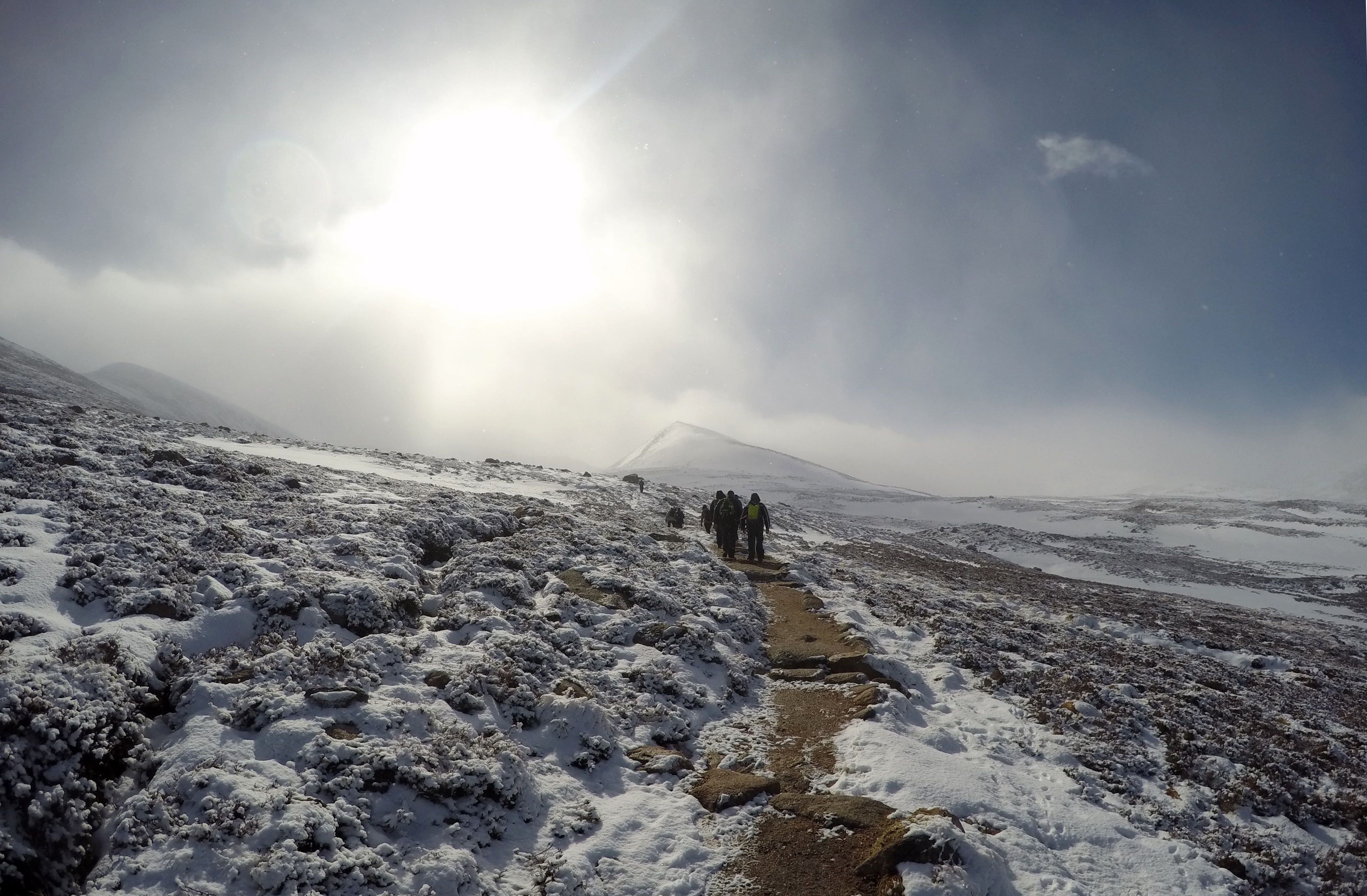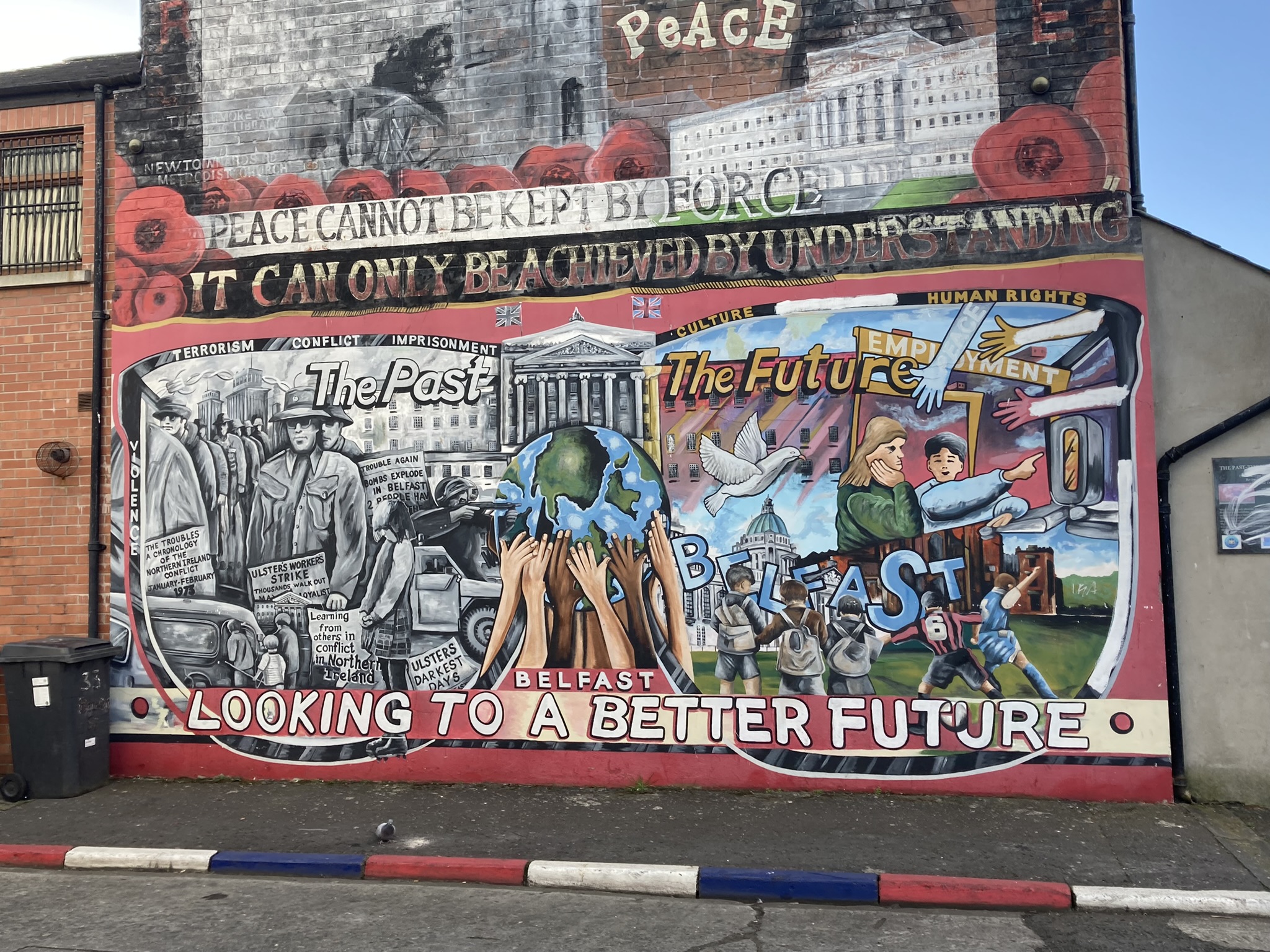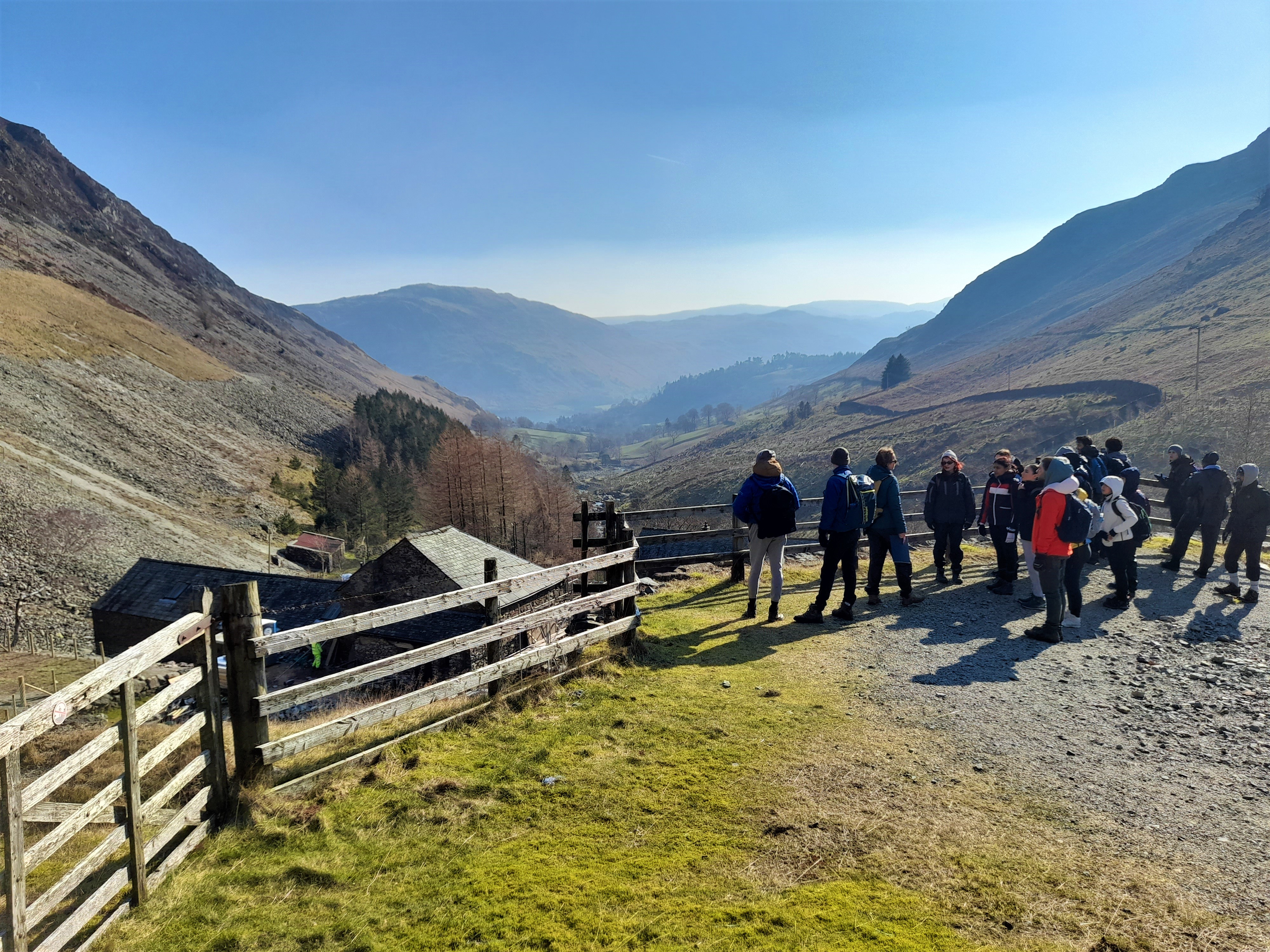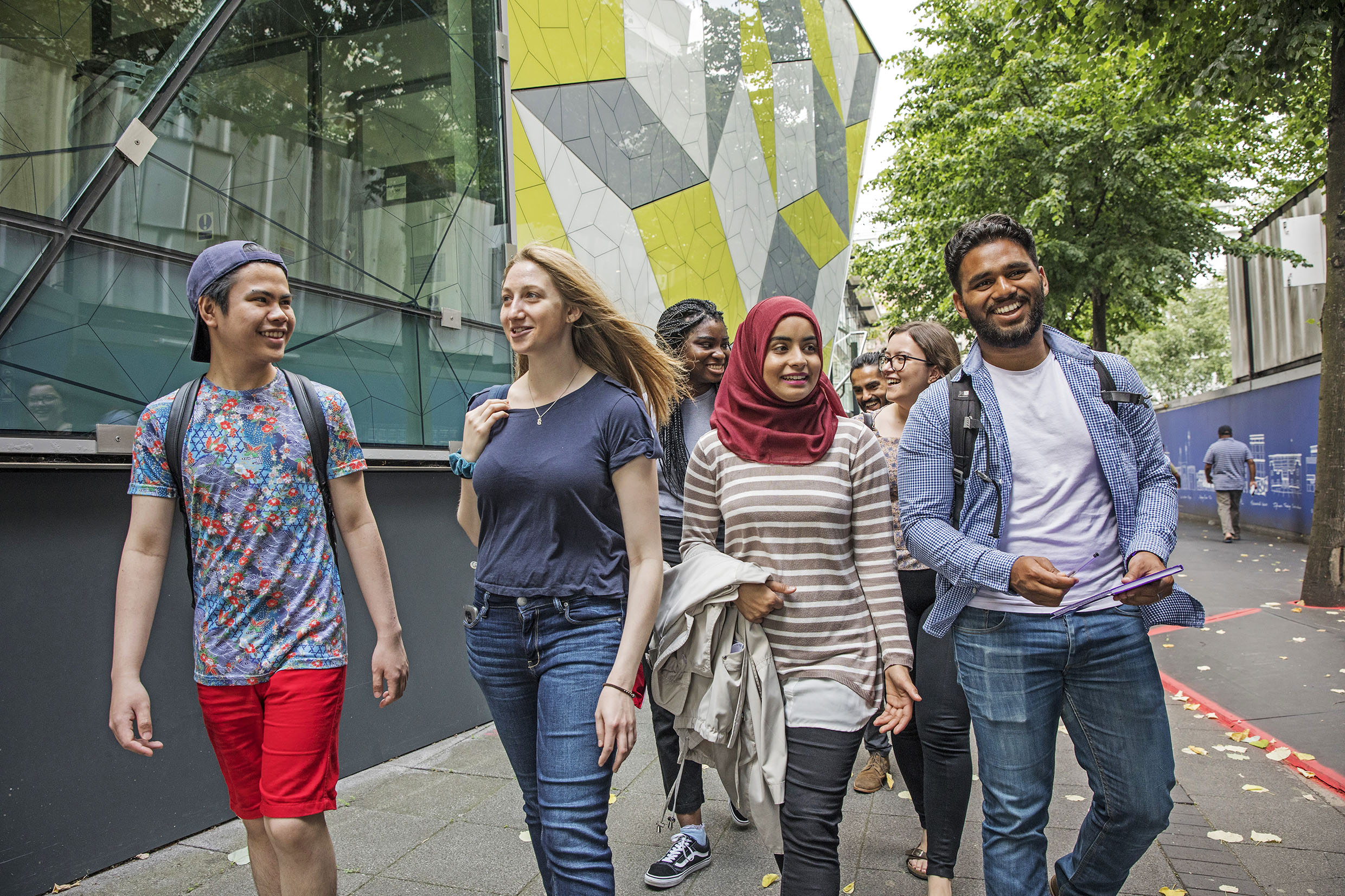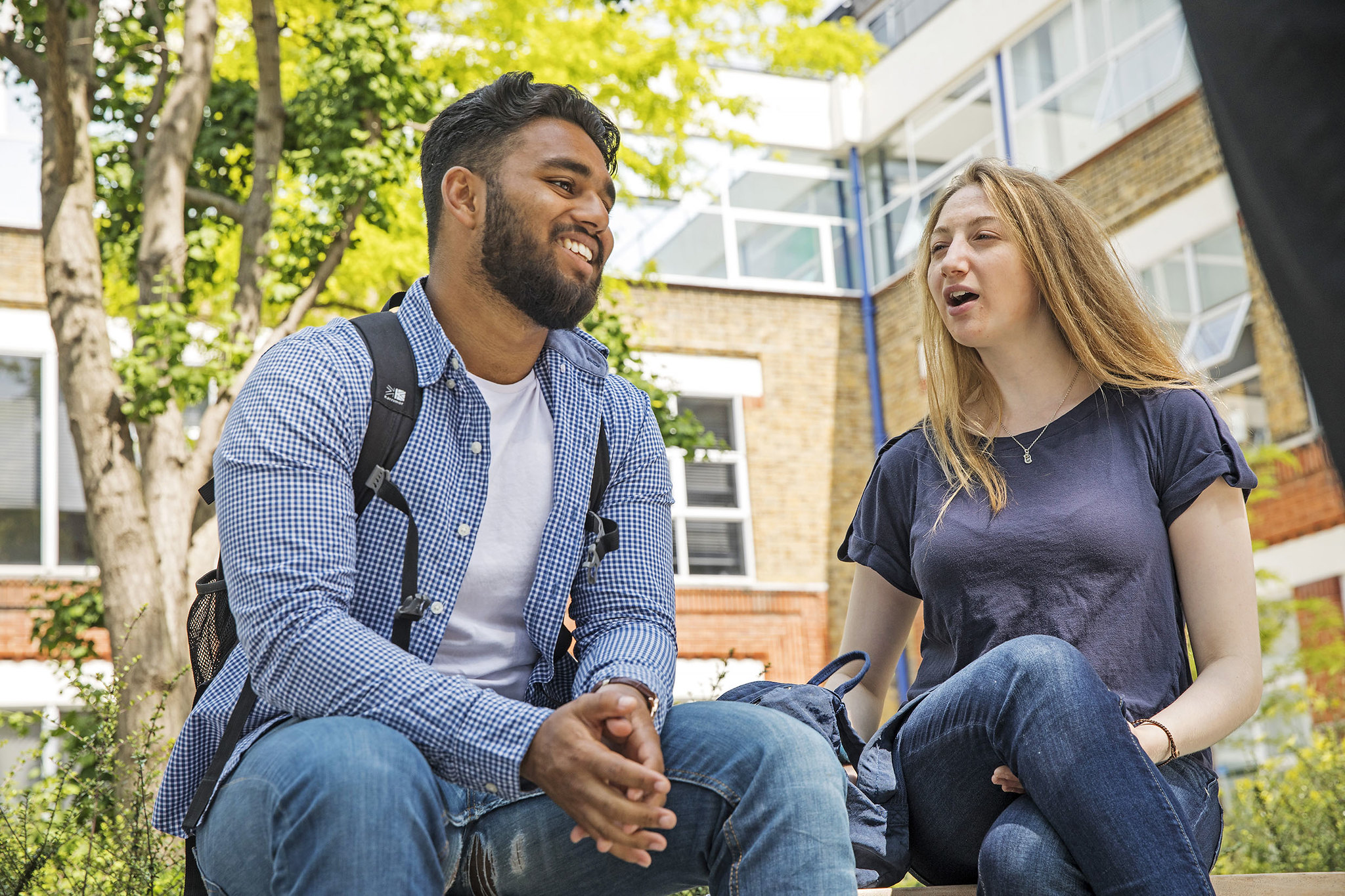Fieldwork
Fieldwork develops skills and understanding that are transferrable to other areas of learning and to life beyond university and helps build a strong learning community.
The chance to put your classroom learning into a real-world context, coupled with the friendships you develop during the class itself, are among the best things you can experience at university.— Muhammad Iqbal, BSc Environmental Science
Options are available in each of our programmes to ensure that as many students as possible can undertake additional residential fieldwork at some point during their degree programme if they would like. Current and recent overseas fieldwork destinations linked to human geography and global development modules include Boston and New York in the USA, and Belfast in Northern Ireland. Recent destinations on physical geography and environmental science modules include the Cairngorms in Scotland, Rotterdam in the Netherlands, Gran Canaria in Spain, Split-Dalmatia in Croatia, and Limpopo in South Africa, each providing a range of interesting geographical settings and a variety of cost options.
Fieldwork module options are specified on each degree programme page, with exact destinations varying by degree programme and subject to change.
It was really interesting learning about the history of places beforehand. I learnt a lot about Los Angeles during the Urban Futures module. It was truly eye-opening understanding the history of blue vs. white collar workers and also issues such as environmental racism. This was very far removed from the glitz and glamour I had imagined in LA and it became a reality as our lecturer walked us through Skid Row.— Chipo Meke, BSc Geography with Business Management
Fieldwork is organised in areas that:
- are safe for our diverse student population and stakeholders
- represent the best locality to teach specific issues, techniques, and approaches
- capitalise on staff research-expertise and networks
We are continually reviewing our fieldwork destinations - particularly to long-haul destinations - to reflect collective concerns about the carbon footprint of such experiences.
The trip that stands out the most was a week in Florida. We visited the Everglades to study the remarkable biodiversity of the park. This was my first insight into how to work as a productive team in an unfamiliar environment. This is a skill that I rely on every day when working with various stakeholders from different industries.— Sadiqah Musa, BSc Environmental Science
We recognise and values people’s differences and will assist them to use their talents to reach their full potential through access to fieldwork. The School has developed its own guidelines for undertaking inclusive fieldwork in the context of diversity. We endeavour to enable students with specific learning differences and disabilities to undertake fieldwork through adjustments, reasonable accommodations, or, where participation is not possible, by providing alternatives. Detailed planning of fieldwork addresses other diversity and inclusion considerations such as the need for ‘down time’, access to toilets, and the accommodation of religious needs.

